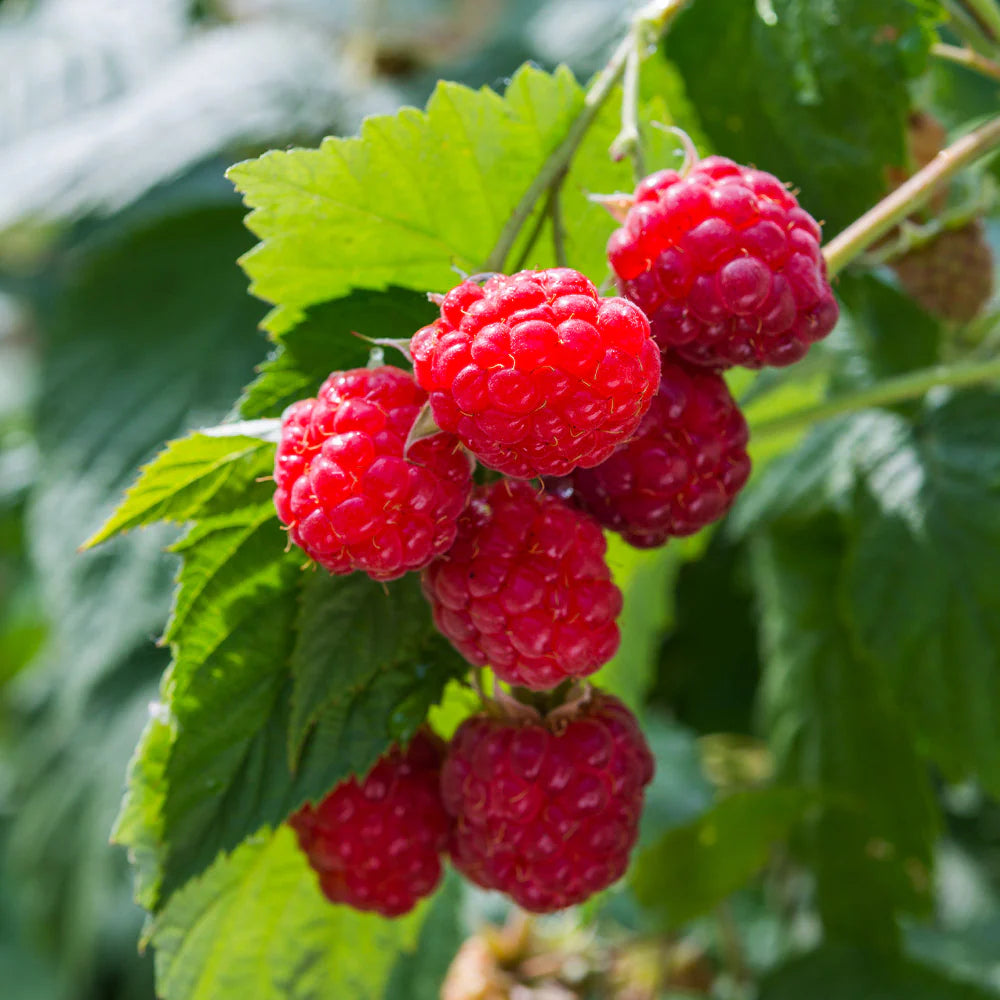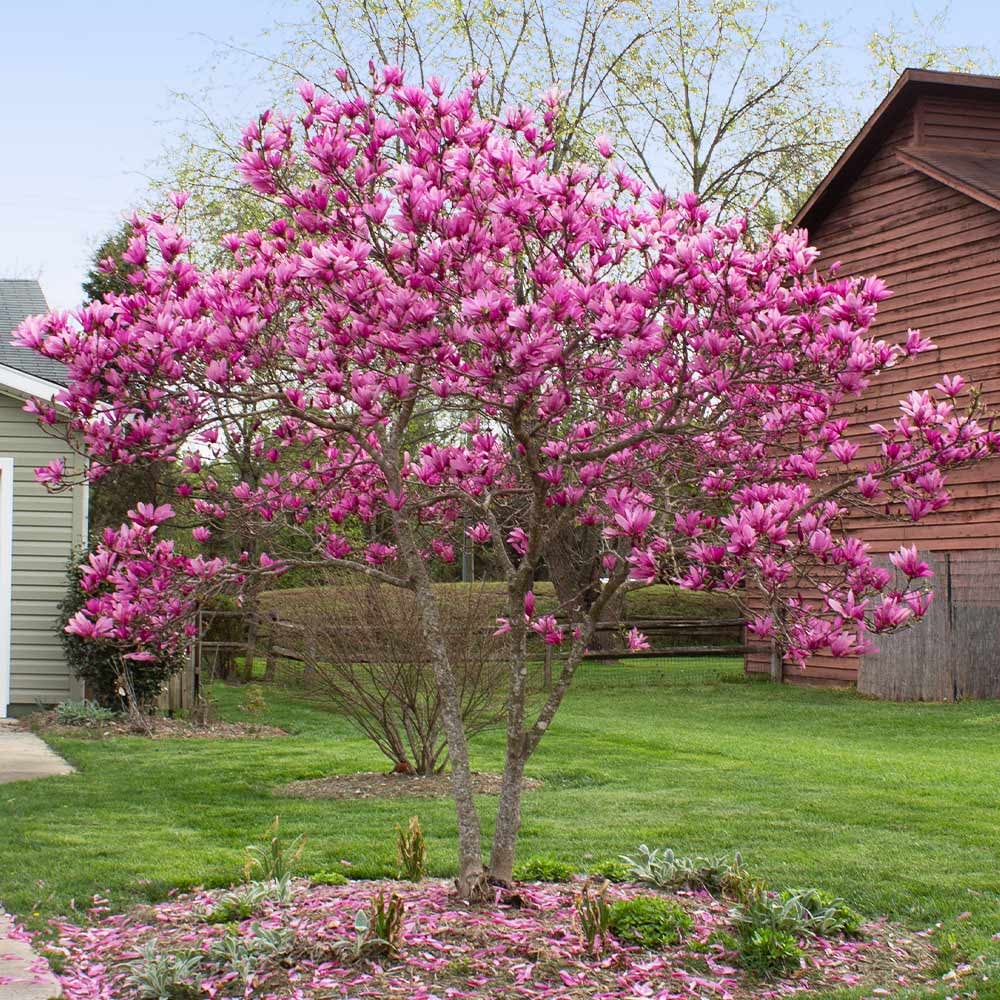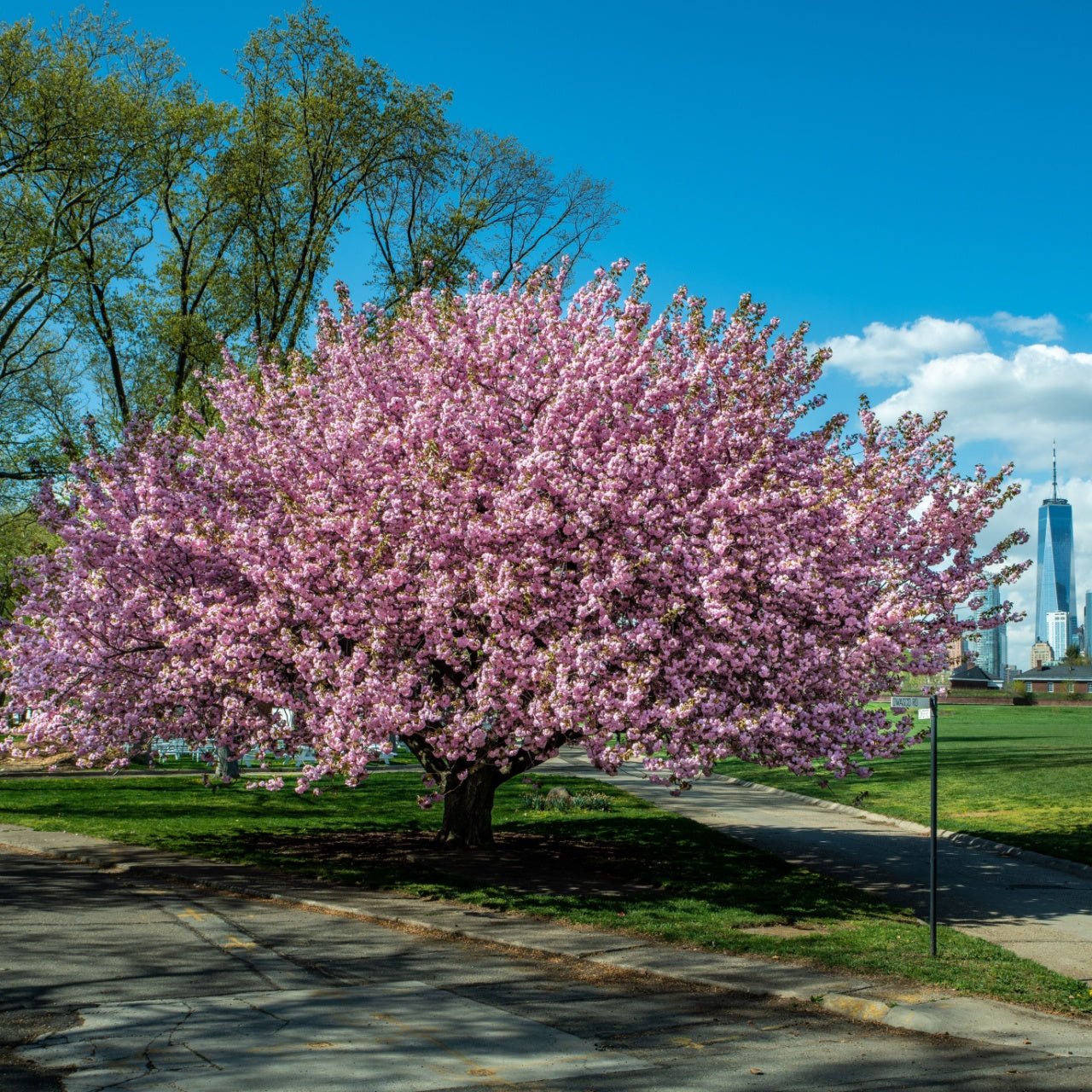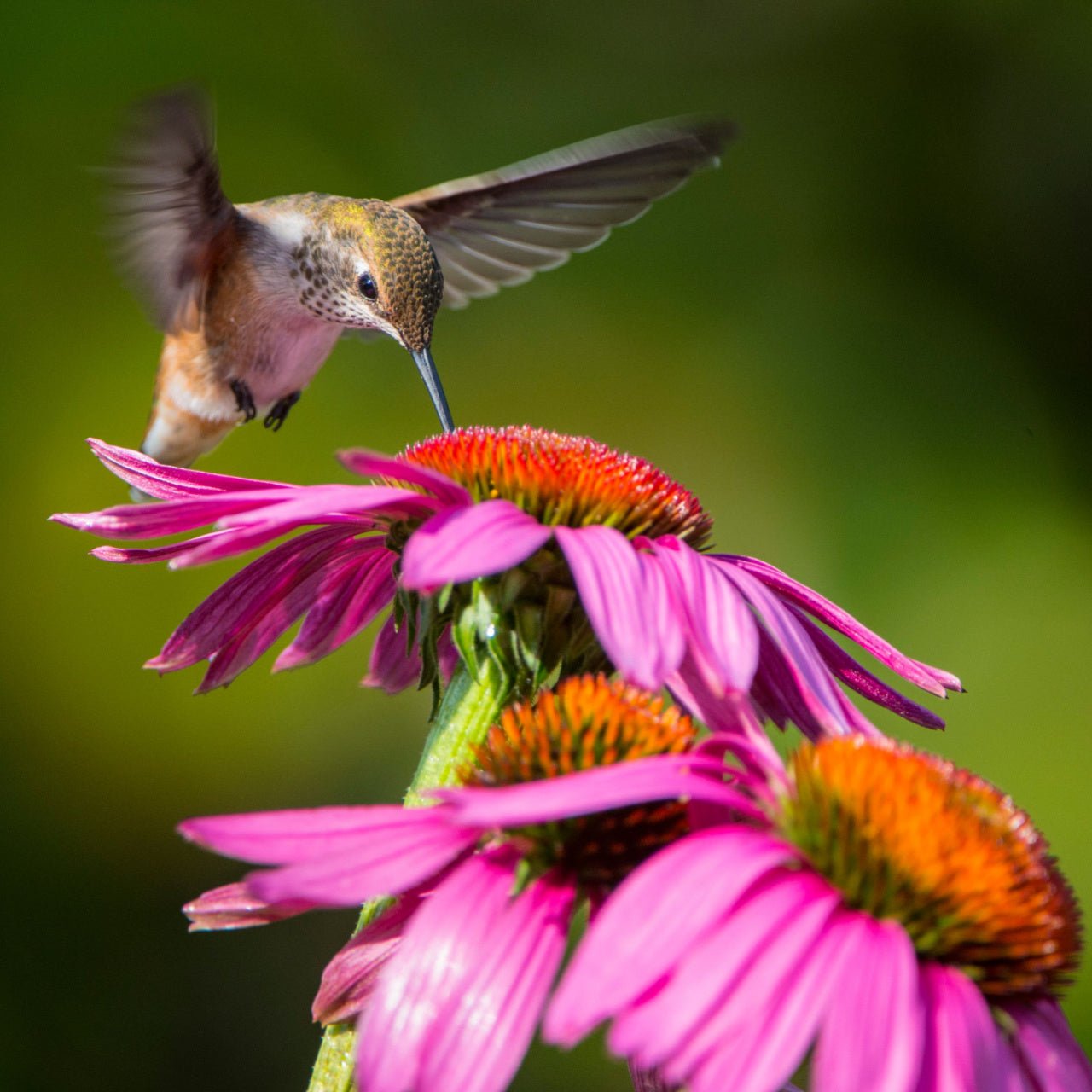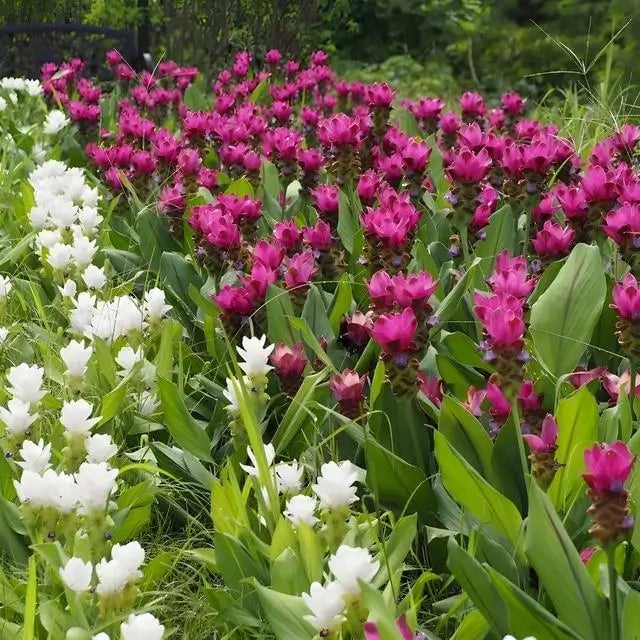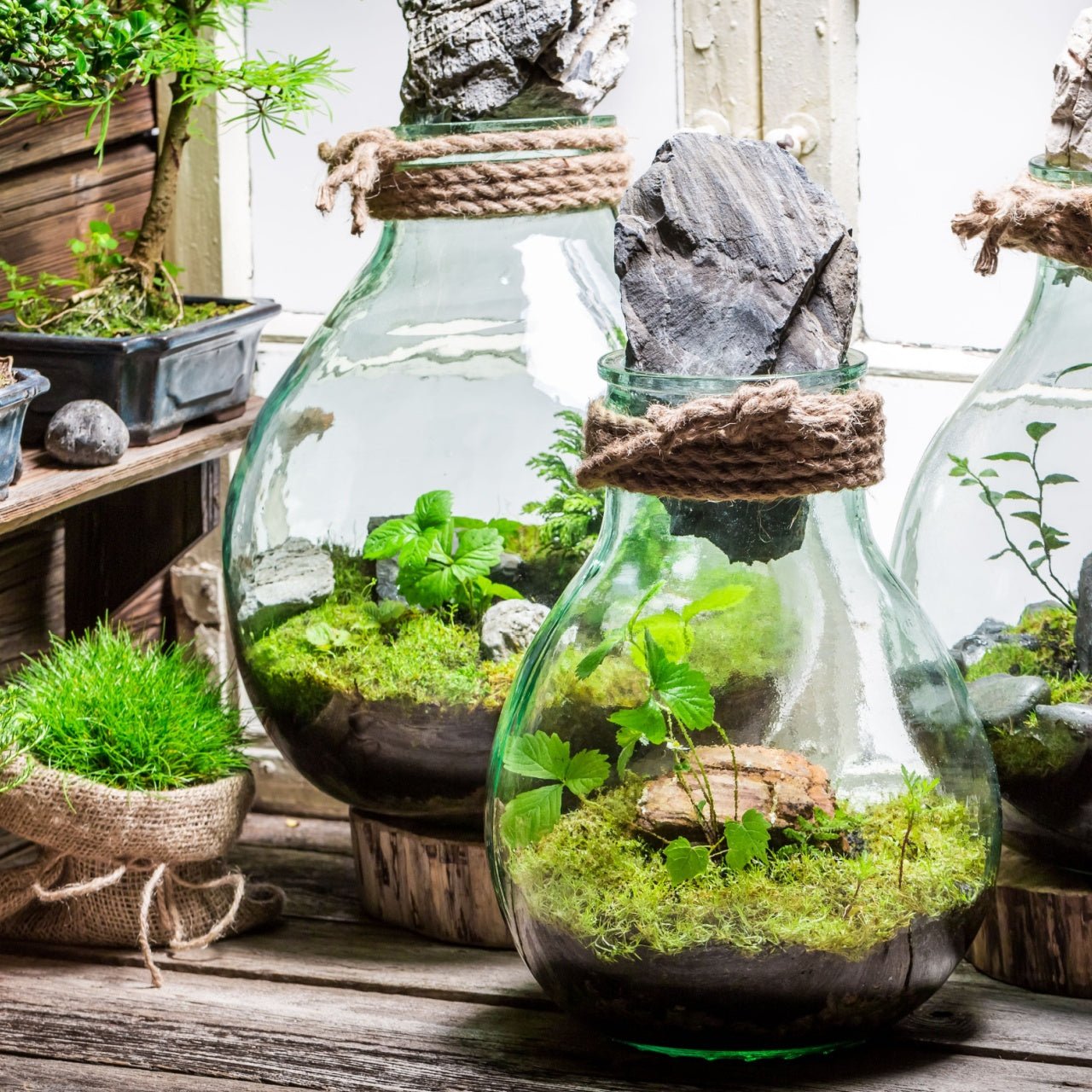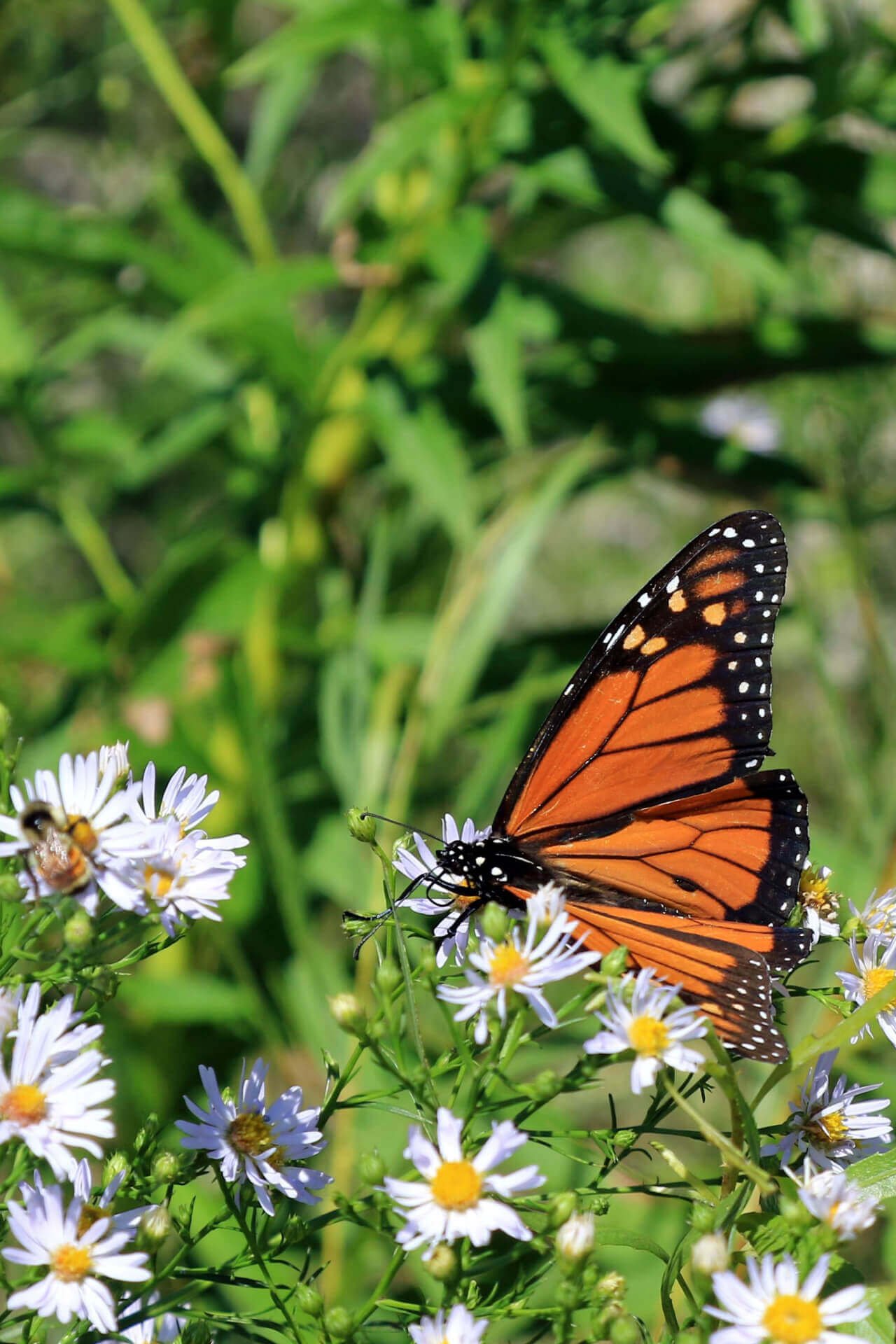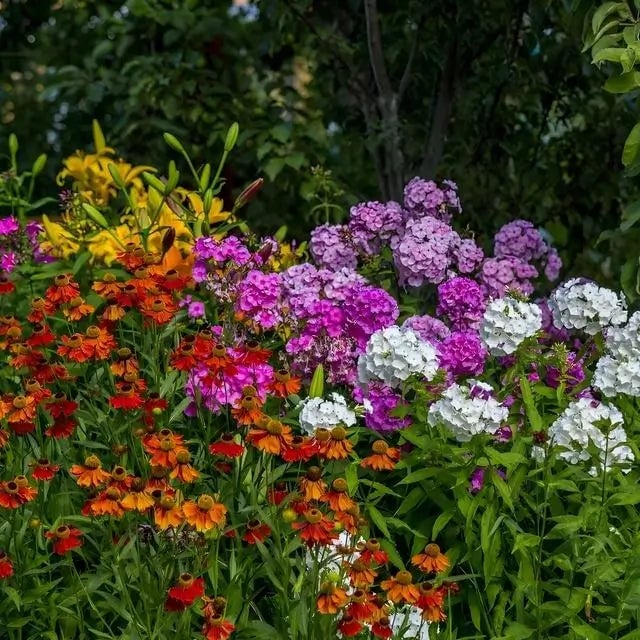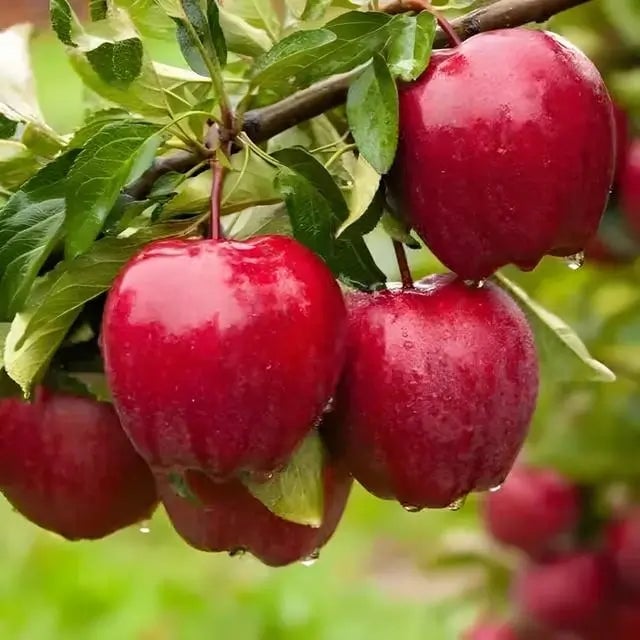
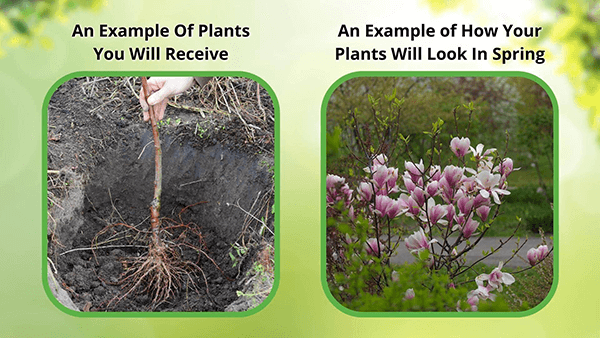
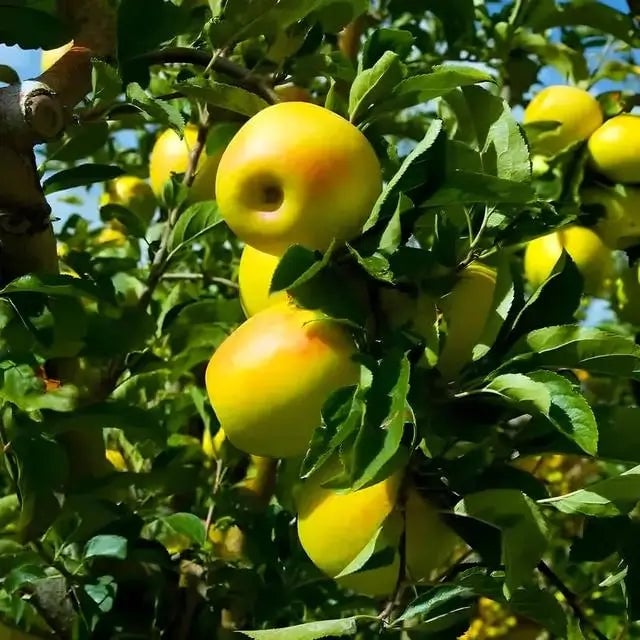

Apple Fruit Trees
Thrives in Zones 4 - 9
Beautiful springtime apple blossoms
Sustainable and eco-friendly choice
Encourages wildlife and pollinators
Ships in
Ships Spring 2026Apple Fruit Trees For Sale
Wanting to eat an apple a day? Apple Fruit Trees 3-4' (Malus domestica) are rewarding fruit trees to grow, and you will literally be able to taste the results of your efforts. A great option for your home orchard.
Plant Details - Apple Fruit Trees
Family: Rosaceae
Light Requirement: Full Sun
Water Needs: Moist
Height: 8 – 30 ft.
Spread: 6 – 25 ft.
Growth Rate: Fast
Bloom Time: Spring
Flower Color: White
Wildlife Value: Attracts bees
Landscape Uses and Maintenance – Apple Fruit Trees 3-4'
Apple Fruit Trees 3-4' are deciduous fruit trees that are a great investment for your property. These trees are simply a must have for any gardener trying to live a more sustainable life! Apple Trees get small white, pink, or red flowers that bloom in the spring.
Water thoroughly until well established; then let Mother Nature water. Plant in well draining soil. Do not plant in waterlogged or compacted soil.
As with many fruit trees, this tree needs care and maintenance. Be ready to tend to this tree and give it plenty of attention.
Plant your new tree in full sun. A full sun location is that which gets 8 hours of sunlight per day. In addition to ensuring that the tree is getting enough light, a full sun location will help make sure that your trees will dry out after morning dew, in turn decreasing the chance of fungal issues.
Fertilize in early spring with a balanced formula. Do not fertilize after the midpoint of summer. Add a layer of compost, humus, or leaf mold around the base of the tree, making sure to stay away from the trunk. Do not create a volcano around your tree!
Watch your trees for signs of disease or pests and treat quickly. Choosing varieties that are resistant to the issues is always a good idea to maintain orchard health.
Flowers will attract pollinators like bees.
Noteworthy Characteristics
Apple Fruit Trees 3-4' vary in crispness of bite, color, smell, and texture. Some are better for baking into an apple pie or processing into apple butter, while others are best for eating right off the tree.
This Is How Your Plants Will Look upon Delivery

Bloom Season
Summer
Bloom/Foliage Color
Pink
Height at Maturity
Under 25 Feet
Care
Apple trees thrive with frequent watering, particularly during dry spells, and help from fertilizer in early spring. Prune annually to encourage airflow and remove dead branches. Mulch the base to maintain moisture and stop weeds.
Plant Reproduction
Apple fruit trees spread through seed dispersal and grafting.
How to Grow and Care for Fruit Trees
Fruit trees are a rewarding addition to any landscape, offering fragrant blossoms in spring and fresh, homegrown harvests in summer or fall. Popular varieties like apple, peach, pear, and plum thrive in full sun and well-drained, nutrient-rich soil. Choose trees suited to your USDA zone, and plant in early spring or fall for the best root development.
Dig a hole twice as wide as the root ball and deep enough so the root flare sits just above the soil line. Backfill with native soil, water deeply, and apply mulch around the base—keeping it a few inches from the trunk—to retain moisture and suppress weeds. Water regularly during the first growing season, especially during dry spells.
Prune annually to shape the tree, improve air circulation, and boost fruit production. Fertilize in early spring with a balanced or fruit-specific fertilizer. With proper planting, seasonal care, and a little patience, fruit trees will reward you with beauty, shade, and bountiful harvests year after year.
Shipping date depends on the date displayed and chosen when you order from the product's page.
We do not accept returned plants. If you purchased an extended warranty we do accept claims, please navigate to the warranty page for instructions HERE





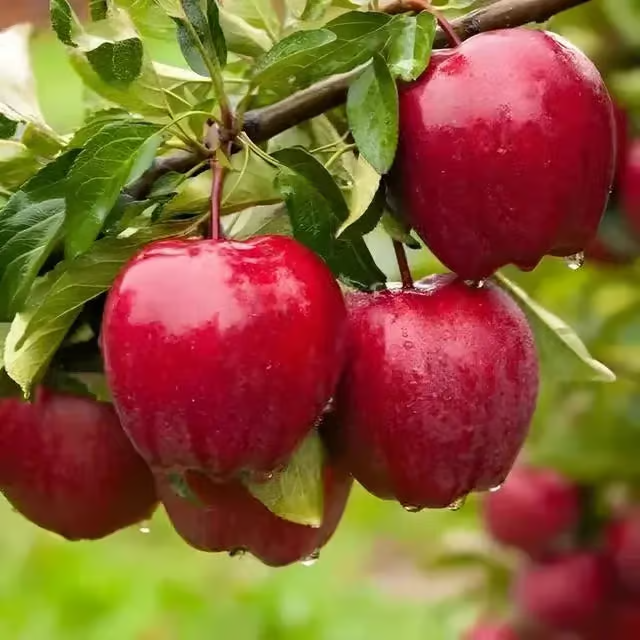
Beautiful Blossoms:
Apple trees offer stunning blossoms in the spring, adding beauty and color to your garden. The sight of these flowers can be a delightful addition to your outdoor space.
Educational Opportunity:
Growing apple trees can be a great educational experience for children and gardening enthusiasts. It offers hands-on learning about plant care, growth, and the benefits of sustainable gardening.
Long-Term Investment:
Apple trees provide fruit for many years, making them a worthwhile investment for your garden. With proper care, they can produce a bountiful harvest annually.
Homegrown Apples:
Enjoy the taste of fresh, crisp apples picked right from your own garden. Growing your own trees ensures you have a supply of apples free from pesticides and preservatives.
Header
Use this content to share information about your store and products.
Frequently asked questions
Still have a question? Contact us here.
Yes, we ship all over the world. Shipping costs will apply, and will be added at checkout. We run discounts and promotions all year, so stay tuned for exclusive deals.
It depends on where you are. Orders processed here will take 5-7 business days to arrive. Overseas deliveries can take anywhere from 7-16 days. Delivery details will be provided in your confirmation email.
You can contact us through our contact page! We will be happy to assist you.








